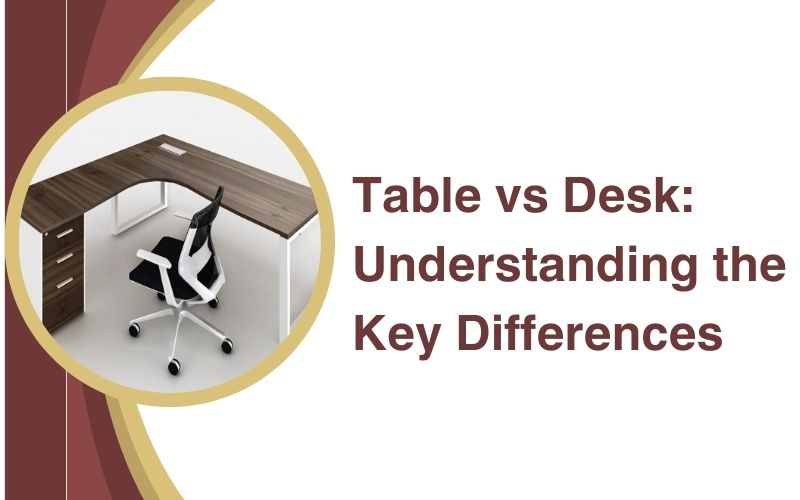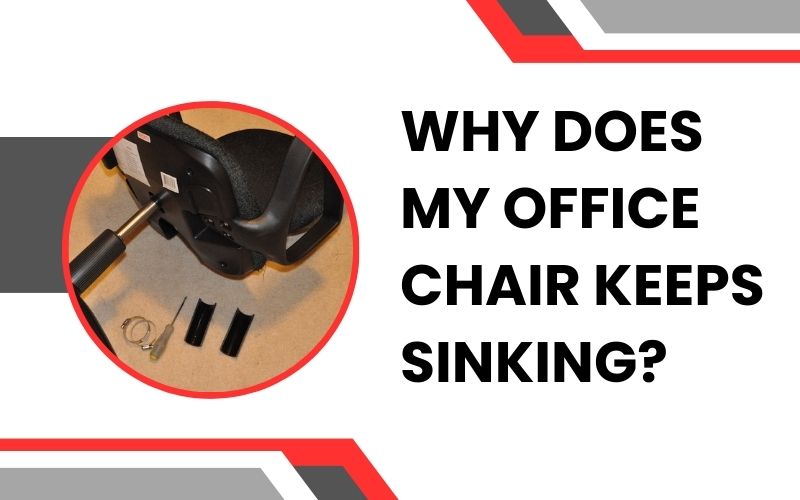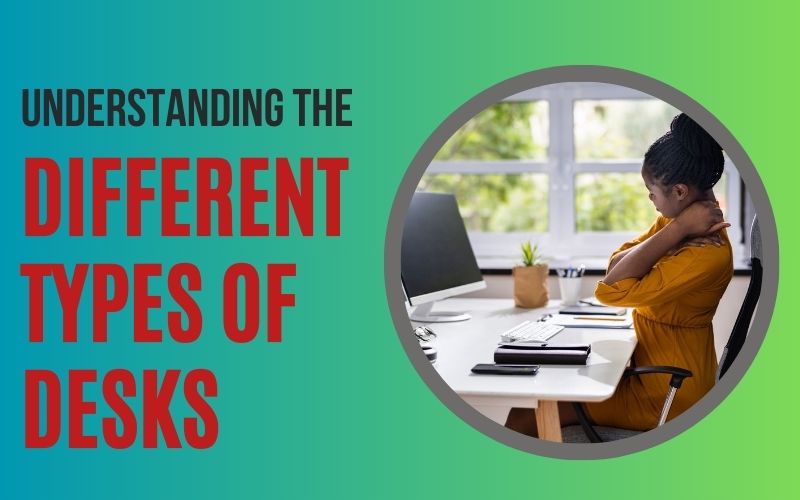When setting up your home or office, you might find yourself asking, “Is a desk a table?” or wondering about the difference between desk and table. These questions might seem trivial, but understanding the nuances can help you choose the right furniture for your needs. In this article, we’ll dive deep into the table vs desk debate, exploring their definitions, uses, and key differences.
What is a Table?
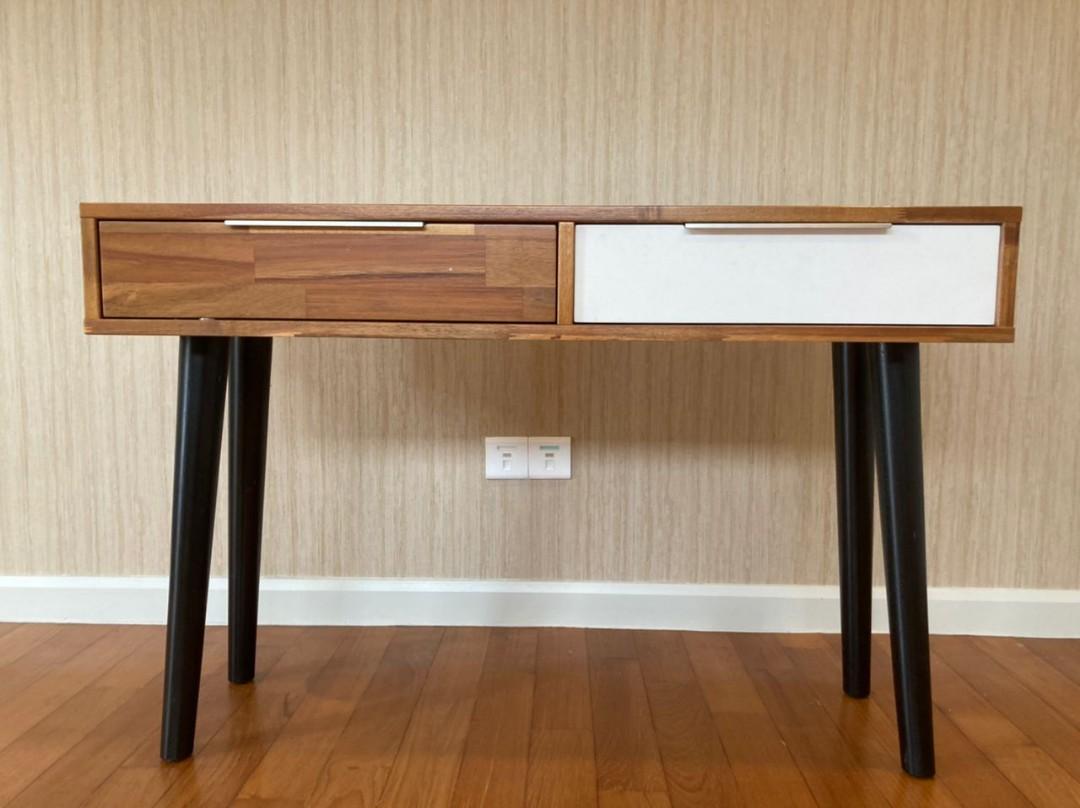
A table is a piece of furniture with a flat top and one or more legs, providing a level surface for various activities. Tables come in numerous shapes and sizes, serving multiple purposes in different settings.
Common Uses
Tables are incredibly versatile and are used for:
- Dining
- Serving food and drinks
- Holding decorative items
- Hosting meetings or conferences
What is a Desk?
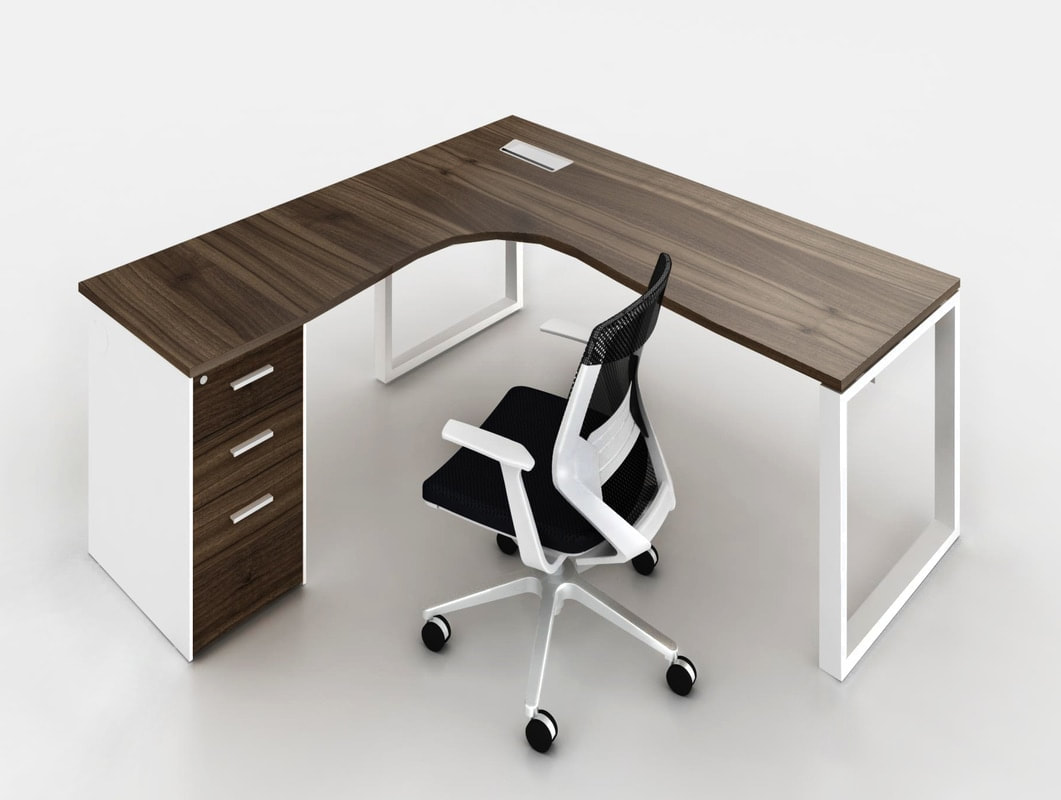
A desk, on the other hand, is specifically designed for work-related activities. It often includes features like drawers, compartments, and cable management systems to accommodate office supplies and electronic devices.
Common Uses
Desks are primarily used for:
- Office work
- Studying
- Computer use
- Administrative tasks
Difference Between Desk and Table
Structural Differences
Tables are generally simpler in structure, consisting of a flat surface and legs. Desks, however, are more complex and may include additional components like drawers, shelves, and built-in power sources.
Functional Differences
While tables serve a variety of purposes, desks are tailored for specific tasks that require organization and storage. This makes desks more suitable for work environments.
Types of Tables
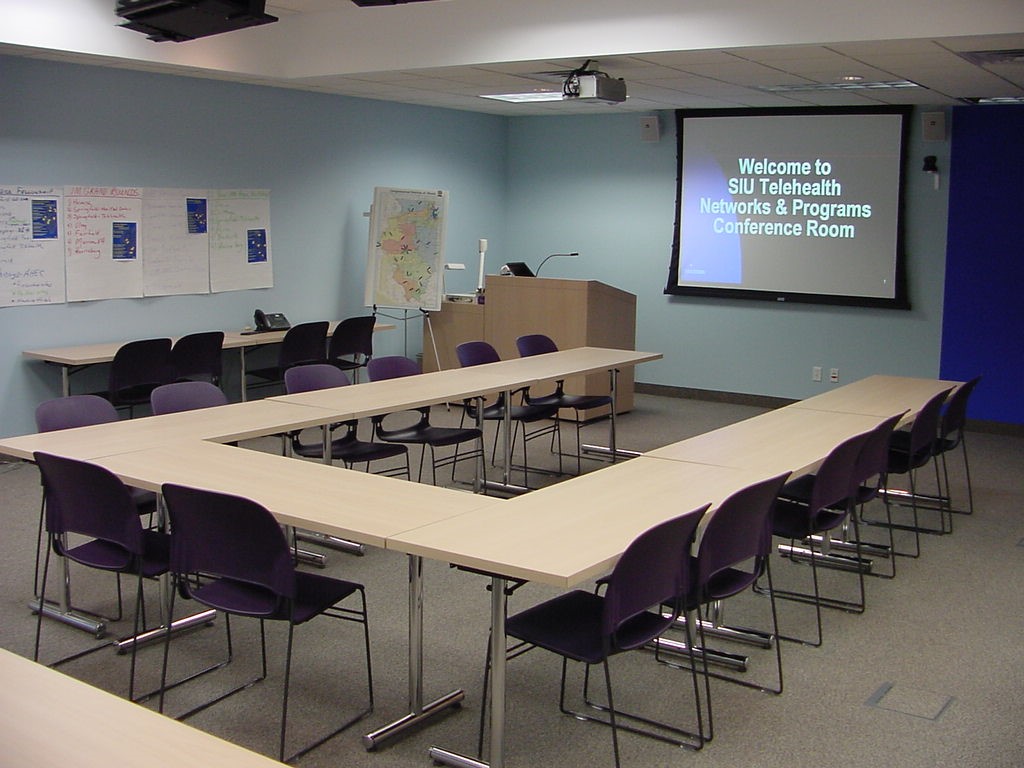
Dining Tables
Designed for meals, these tables are often the centerpiece of a dining room.
Coffee Tables
Placed in living rooms, these low tables hold beverages, books, and decorative items.
Conference Tables
Used in meeting rooms tables, these tables are large enough to accommodate several people.
Other Types
Tables can also include side tables, bedside tables, and outdoor tables.
Types of Desks

Office Desks
These are standard desks used in business settings, featuring ample storage and workspace.
Writing Desks
Simpler in design, these desks are perfect for writing and light office tasks.
Computer Desks
Specifically designed to house computers and related equipment, these desks often include cable management systems.
Standing Desks
These adjustable desks allow users to work while standing, promoting better posture and health.
Materials Used in Tables
Wood
Wood is a popular choice for its durability and aesthetic appeal.
Glass
Glass tables add a modern touch and are easy to clean.
Metal
Metal tables are sturdy and often used in industrial settings.
Other Materials
Tables can also be made from plastic, stone, and other materials.
Materials Used in Desks
Wood
Wooden desks are classic and offer a warm, traditional look.
Laminate
Laminate desks are affordable and come in various designs.
Metal
Metal desks are robust and ideal for heavy-duty use.
Other Materials
Desks can also incorporate materials like glass and plastic.
Design and Aesthetics
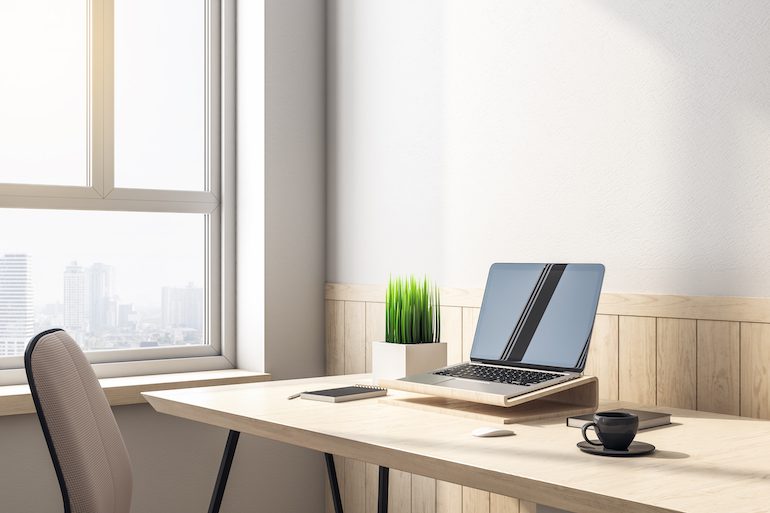
Table Designs
Tables come in countless designs, from rustic farmhouse styles to sleek, modern looks.
Desk Designs
Desks are designed with functionality in mind but can also be stylish, fitting into various decor themes.
Practicality and Functionality
When to Use a Table
Tables are best for communal activities like dining or meetings. They provide ample space for multiple users.
When to Use a Desk
Desks are ideal for individual tasks that require concentration and organization, such as office work or studying.
Space Considerations
Ideal Spaces for Tables
Tables fit well in dining rooms, living rooms, and conference rooms where communal activities take place.
Ideal Spaces for Desks
Desks are perfect for home offices, study rooms, and workplaces where focused tasks are performed.
Ergonomics
Importance of Ergonomics in Desks
Desks are often designed with ergonomics in mind, featuring adjustable heights and proper support to reduce strain during long work hours.
Ergonomics in Tables
While tables are not typically designed with ergonomics as a priority, they can still offer comfortable seating arrangements for short-term activities.
Cost Comparison
Cost of Different Tables
The price of tables varies widely based on materials, size, and design. Simple plastic tables can be very affordable, while large wooden dining tables can be quite expensive.
Cost of Different Desks
Desks also range in price, with basic models being relatively inexpensive and high-end, ergonomic desks costing significantly more.
Customization Options
Customizing Tables
Tables can be customized in terms of size, shape, material, and finish to match your decor and needs.
Customizing Desks
Desks can be tailored with specific features like additional storage, adjustable heights, and built-in technology solutions.
Conclusion
In the desk vs table debate, the right choice depends on your specific needs and the tasks you’ll be performing. Tables offer versatility and are great for communal activities, while desks provide the organization and functionality needed for work-related tasks. Understanding these differences can help you make an informed decision, ensuring that your furniture complements your lifestyle and work habits.
Frequently Asked Questions (FAQs)
Q.1. Is a desk a table?
While a desk can be considered a type of table, it is specifically designed for work-related activities and includes features that a typical table does not have.
Q.2. What is the main difference between a desk and a table?
The main difference lies in their design and purpose. Desks are designed for individual tasks requiring organization and storage, while tables are more versatile and used for various communal activities.
Q.3. Can a table be used as a desk?
Yes, a table can be used as a desk, especially for short-term tasks. However, it might lack the ergonomic features and storage options that a desk provides.
Q.4. Are desks more expensive than tables?
Desks can be more expensive due to their specialized features, but both desks and tables vary widely in price depending on their design, materials, and size.
Q.5. Which is better for a small space, a desk or a table?
For a small space, a desk is often better as it provides specific functionality and storage without taking up too much room. However, a small table can also work if it suits your needs and space constraints.
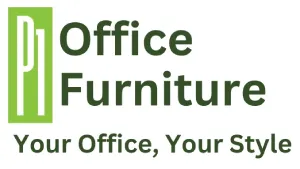
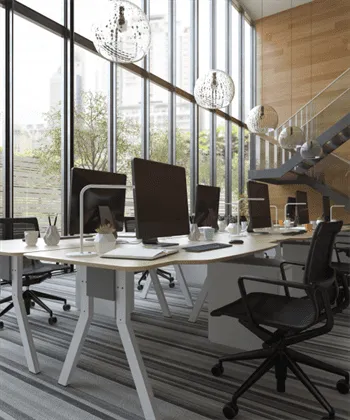 Workstations
Workstations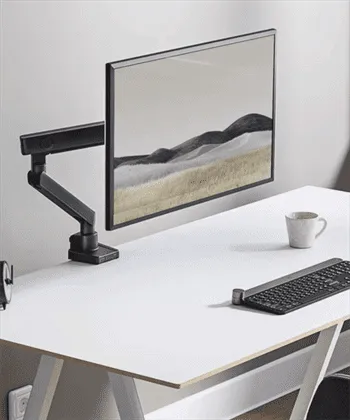 Monitor Arms
Monitor Arms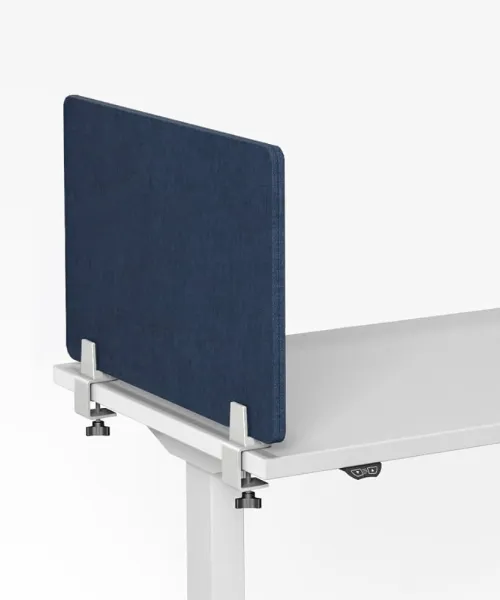 Dividers
Dividers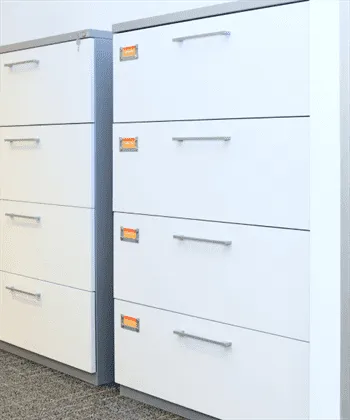 Storage
Storage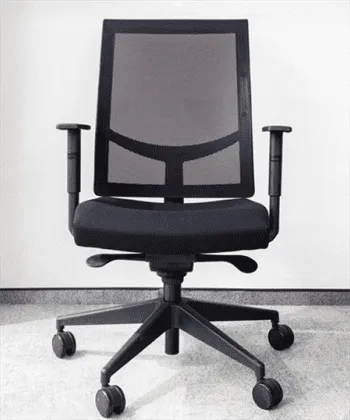 Seatings
Seatings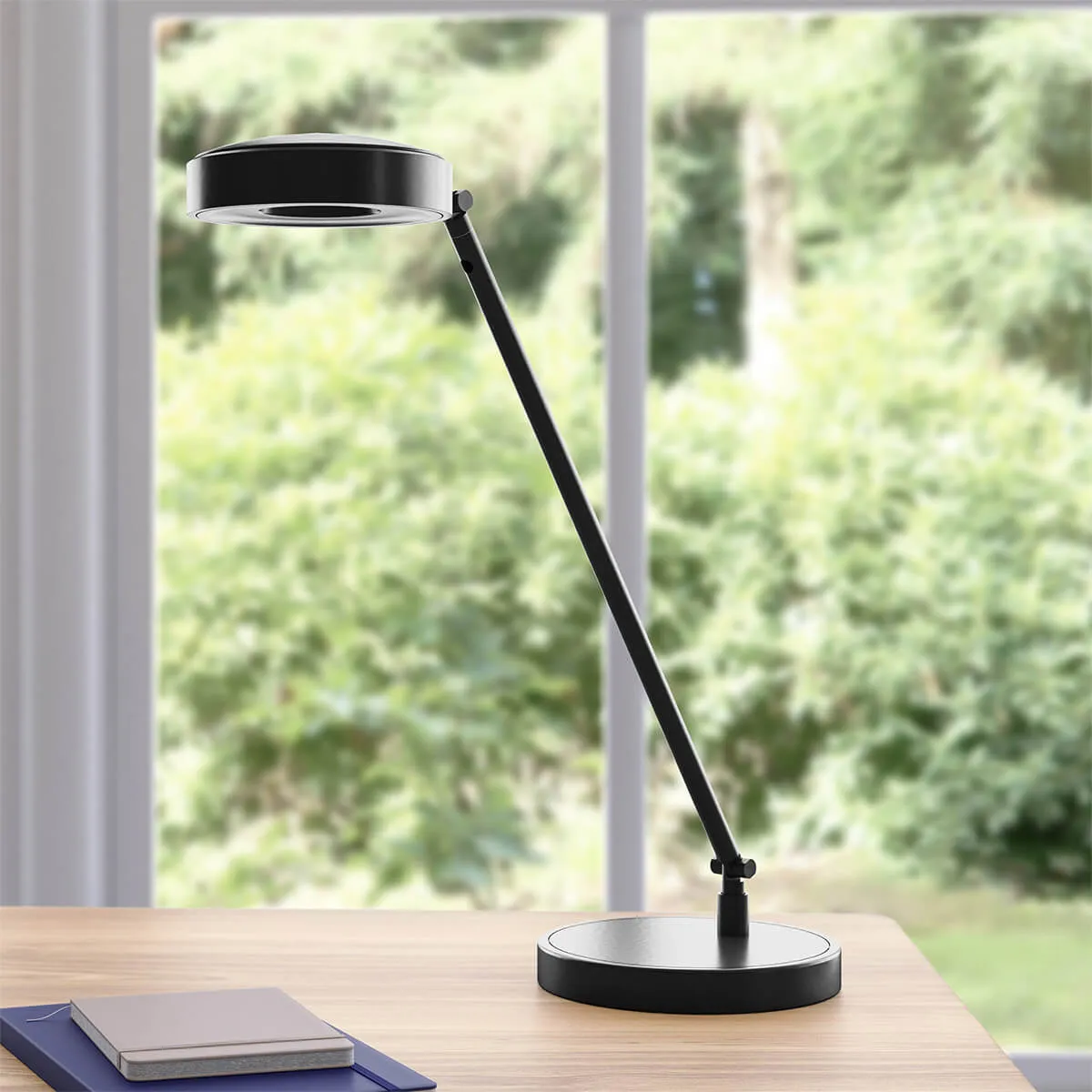 Accessories
Accessories